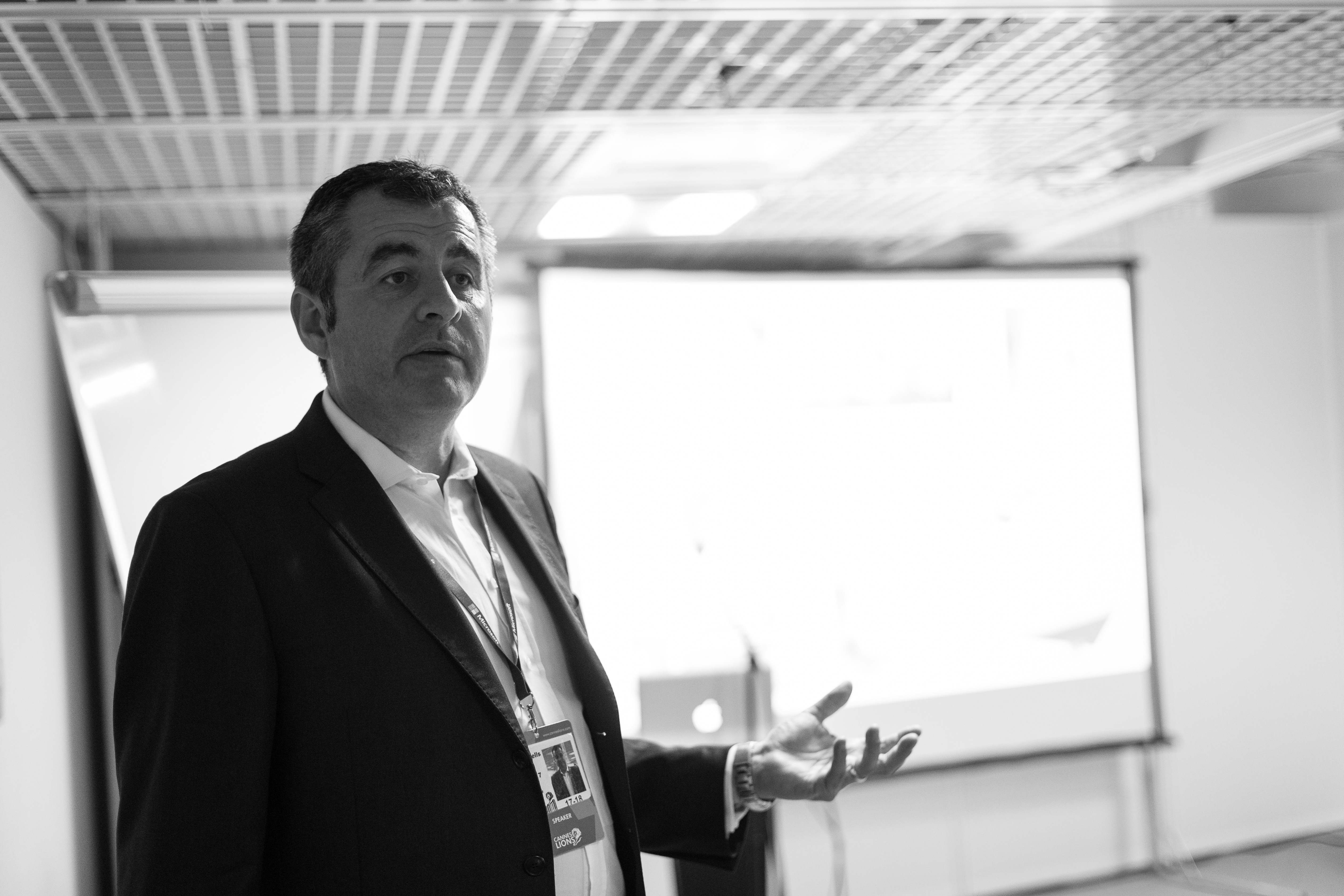(Adapted from StrategyOnline.ca)- This is a shortened version of an article written by someone who took a course by Simon Wells. In case you are asking who Simon Wells is: He has spent the past 13 years as a crisis negotiator in the UK and overseas, including on behalf of the UK government with terrorist groups. He has 30 years' experience with the Metropolitan Police including 20 years specialising in using behavioural science to benefit law enforcement, the military and special forces units across the world.
Wells breaks his techniques into three distinct stages:
- Understanding the subject
- Communications and
- Closing.
The first step is understanding the subject – what can you tell about your subject by observing him or her? How they dress, their natural language and vocabulary, their body language, their cultural background or other evident affiliations – what one might call sizing your subject up. We do this often in our industry of course, but great communicators have the ability to do it like a hostage negotiator, intuitively, and in real time. It’s a quality that the ivory towers of marketing and advertising often don’t value enough, perhaps because unlike big data, it’s tough to quantify.
The second stage, communicating, is again listening focused: understanding, encouraging and empathizing. “The more they talk, the more you learn,” he said.
Finally, in the closing stage, it’s all about the subject leaving the dialogue feeling heard, and feeling some sense of control – up to and including the understanding that it’s the subject who ended the conversation, not you.
Hearing. Understanding. Empathizing. Control. For a man who talks with terrorists, they lead to learning and communication.

